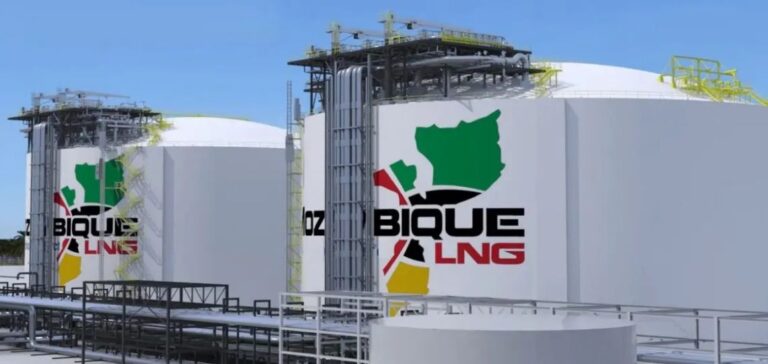The announcement of $4.7bn (€4.33bn) in funding by the Export-Import Bank of the United States (US Exim Bank) for the Mozambique LNG project has triggered a wave of criticism from several prominent figures in the American political and economic spheres. The gas project, located in Cabo Delgado province in northern Mozambique, is designed to produce 12.88mn tonnes of liquefied natural gas (LNG) annually.
Republican opposition and national agenda
Some American officials, mostly aligned with the Republican Party and close to former President Donald Trump, have denounced the decision as conflicting with national energy strategy. Mozambique LNG is viewed as a direct threat to US energy sovereignty, particularly as domestic projects such as Alaska LNG—with a planned capacity of 20mn tonnes per year—struggle to secure necessary funding.
Former Secretary of Energy Rick Perry publicly opposed the funding, arguing that it undermines the “America First” doctrine, which seeks to bolster domestic production and increase US energy exports. According to Perry, “every molecule coming out of Mozambique LNG directly competes with American molecules,” highlighting the potential market share impact on US LNG exports globally.
Mozambique’s security context and geopolitical risks
Criticism has intensified due to Mozambique’s unstable security conditions. Since 2017, the region has faced attacks from armed groups, which led to the temporary suspension of the Mozambique LNG project in 2021. Although Rwandan forces have been deployed to stabilise the area, ongoing uncertainties continue to raise questions about the prudence of the investment.
Steve Forbes, Chairman of Forbes Media, Jamieson Greer, former US trade representative, and Howard Lutnick, US Secretary of Commerce, have also voiced concerns. In their view, domestic projects—better regulated and less exposed to geopolitical risks—should take precedence.
Calls to review US Exim Bank’s strategy
Charlie Kirk, conservative activist and founder of Turning Point USA, went further by demanding a reassessment of the US Exim Bank’s role. He called on the Department of Government Efficiency (DOGE) to evaluate the impact of the financing on national interests, and suggested dismantling the federal agency altogether. “American taxpayers’ money should not finance foreign companies investing abroad,” he said.
These remarks reflect a growing divide in Washington over the role of international energy investments and the country’s strategic priorities regarding energy security and global competitiveness.





















